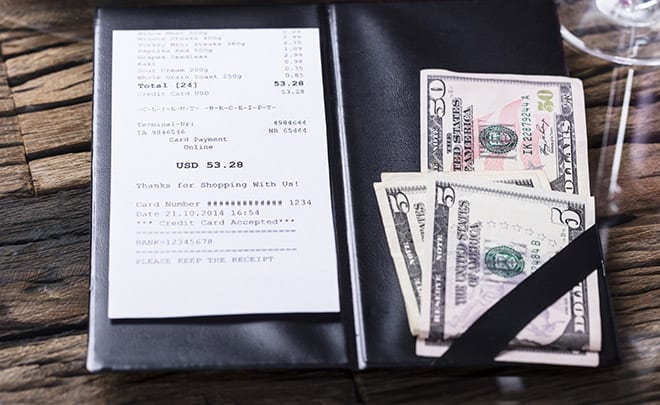
On Monday, January 7, 2019, U.S. District Court Jeffery S. White, of the Northern District of California, dismissed a putative national class action brought against a group of well-known New York and Bay Area restaurants, which alleged that the restaurants’ no-tipping policies violated antitrust law.
Judge White dismissed the claims against the group of restaurant defendants—which included the likes of Danny Meyer, David Chang, and Gabriel Stulman—holding that the plaintiff’s allegations did not plausibly allege a “price-fixing conspiracy.”
“Today’s significant victory was a clear win for restaurateurs and their ability to innovate,” said lead counsel, who represented Gabriel Stulman and his restaurant group Happy Cooking Hospitality. “We strongly believed this case lacked legal merit, and are pleased the federal court accepted our arguments and dismissed Happy Cooking and Mr. Stulman.”
The case arose out of the “Hospitality Included” movement. Beginning in 2014, restaurants across the country—including the New York and Bay Area defendants—began eliminating the tip line at their restaurants and adjusting menu prices accordingly. This change was made to help increase pay for back-of-house staff and to eliminate the racial and gender inequality created by tipping.
Plaintiff Timothy Brown believed that the “Hospitality Included” movement was somehow nefarious. In his complaint filed in October 2017, Brown alleged that the no-tipping policies were part of “a sophisticated and unlawful conspiracy,” which “transfers millions of dollars from customers and serves to restaurant owners in violation of federal and state antitrust laws.”
Judge White disagreed, and accepted the defendants arguments. In his order dismissing the case, he noted that the no-tipping group was akin to a trade organization—where “information is exchanged and strategies are advocated”—which does not violate antitrust laws. He also highlighted the implausibility of the alleged conspiracy, since the New York and California defendants operated “in totally different markets” and had in some instances eliminated tipping years apart from each other.
The Hueston Hennigan team included Michael H. Todisco.